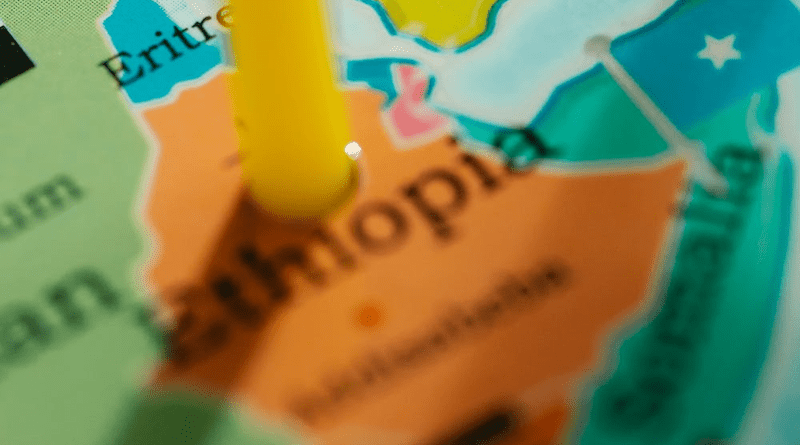Date: Wednesday, 25 June 2025

“Why No Maritime Nation Gives up its Waters” is a fundamental principle of international relations, maritime law, and national security. Maritime nations strongly protect and maintain control over their territorial waters and Exclusive Economic Zones. Territorial waters extend up to 12 nautical miles from a nation’s coastline and are considered as part of the sovereign territory of a nation. It allows for the protection of borders, monitoring of foreign vessels and defense against threats such as smuggling, piracy and/or military incursions.
But there are also economic interests, which extend up to some 200 nautical miles from a maritime nation’s coastline, when there is such a possibility. These economic interests include, among others, fisheries, which is a major source of food and income, oil and gas, a major energy source and other minerals from the seabed and/or windmill farms, which are growing sectors lately.
Relinquishing control of these resources means that a country is giving up on many lucrative opportunities which it already owns. Ethiopia, perhaps only understands shipping access “port usage” as the only purpose of a coastline. It should rethink on the matter deeply and not just pronounce statements which only create disruptions to the attempts to make peace in the region.
Another important matter which Ethiopia does not, perhaps, consider is the strategic and geopolitical importance of maritime zones which serve as shipping lanes that are critical for international trade, naval deployment areas for projecting power or deterring rivals and or as buffer zones for intelligence gathering and/or surveillance. Why would any coastal nation in the region give up on all these? Ethiopia’s leadership must be in a dreamworld when it constantly repeats its intentions to have access to a sea, at the expense of one of the coastal countries of the region.
There are also environmental and cultural stewardship of coastal waters. They often contain biodiversity such as coral reefs, mangroves and others, which are often also the main sources for the livelihood and cultural practices of indigenous people and local communities.
Ethiopia perhaps does not understand that any nation giving up its waters only encourage more foreign encroachments or more territorial claims, on its territory. None of the neighboring coastal countries of Ethiopia are prepared to give up their territorial waters and Ethiopia must swallow this desire, it seems to have developed lately, for their waters. It is not going to happen. Maritime boundaries are often the subject of complex negotiations and disputes. Neither Eritrea nor Djibouti nor Somalia are prepared to forgo or give up on their waters.
It would be unwise on the part of the leadership of Ethiopia to let itself to being used as a pawn by others, as seems to be the case, to disturb the peace of the region, which is already precarious. It would be a better idea for Ethiopia to have reasonable arrangements with all the coastal countries of the region. The continuous expressions of a desire to have access to a sea is not transformative, or creative or even bold. It is as sharp as marble, that one.
Currently as things stand, even a lease for a port access appears to be in the realm of impossibilities. Ethiopia has made it plain that it wants to have a sovereign access to an open sea, which cannot happen unless, it illegally invades a country, but such a country will fight back and any such access that results from an invasion can only be temporary. I doubt Ethiopia wants to have such an access. It would not be advisable either.
Ethiopia already finds itself in a quagmire of complex internal troubles and conflicts. It would be wiser if it paid more attention and most of its energies on solving those problems instead of seeking an out of reach goal. No nation gives up on its waters.
Its ambition to have access to a Red Sea port, was long lost when it gave Eritrea its independence in 1993. This continuous pursuit of access to a sea is only causing relations among the countries of the region to worsen, with the region spending most of its energies on arming themselves instead of servicing their populations, most of whom are poor in international standards.
Ethiopia should be turning the page once again and live with its neighbors on a better platform. This would enable it to service its populations through a more reasonable and cost-effective accessibility to the sea. Every nation has some advantage and/or disadvantage. It just happens it does not have access to a sea, and it should figure out how better to live off without disrupting lives in the region.